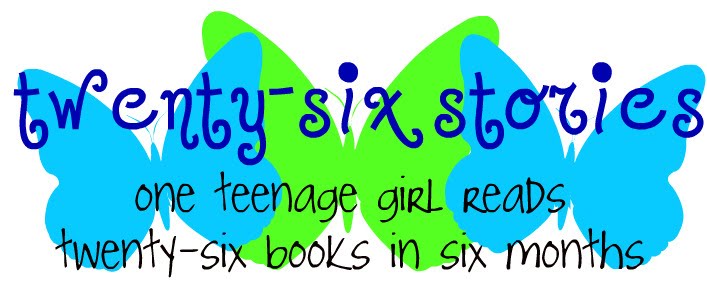To Kill A Mockingbird has been called the best book of the 20th century by many individuals and groups, and it's not hard to see why.
Harper Lee's iconic novel was published in 1960 and tells the story of the events in a small town in the Deep South of America called Maycomb. It is narrated in the first person by eight-year-old Scout, the daughter of lawyer Atticus Finch. When Atticus is assigned to a case defending a black man who is accused of raping a white girl, the whole town is affected. Scout sees the case and the surrounding incidents with both innocence and a sense of wisdom that many adults today would envy. She, and her older brother, see the case for what it is: a result of the racism in the town.
The Finch children also are very interested in their mysterious neighbours, the Radleys. Why does Boo never come outside? And who is leaving them secret gifts in the hole in the tree? All these events will come to a climax on one night, where many secrets are finally revealed.
This is such a clever book, as having a young child narrate the story shows the court case for what it really is without the bias of pre-conceived adult ideas: unfair and racist. Scout is a likeable, clever narrator and her brother Jem is also very endearing. Neither of the children are perfect, but they are very realistic characters. The other characters in the novel, including Atticus, his sister Aunt Alexandra, the Finch's Negro cook Calpurnia and the townsfolk, are all wonderfully created and believable. Atticus is an amazing character, being both a loving father and an accomplished lawyer, and his actions affect everyone in the town.
The way the many plot lines in the story interlock is also admirable. The novel is a rich tapestry of stories that weave in and out of one another effortlessly and realistically. While the events in the book are far from commonplace these days, Lee's writing ensures the reader instantly gets caught up in the story and feels like they are viewing the story just as the townsfolk did.
One crticism is that Scout, as an eight-year-old, speaks in a very mature way. However as it seems she may be telling the story as an adult looking back on her childhood, this issue is not a large one.
Overall, this book is absolutely brilliant and everyone should read it at least once in their life, if not more than once.
Butterflies: 9 out of 10
Recommended for: EVERYONE over the age of 12. Younger people may not pick up all the aspects of the story but it will still have a lasting, positive effect.
Warnings: references to the rape of Mayella Ewell, slightly graphic, and violence, but this is all counteracted by the wonderful social messages in the book.


Hmm I should probably go read the book now!!
ReplyDelete